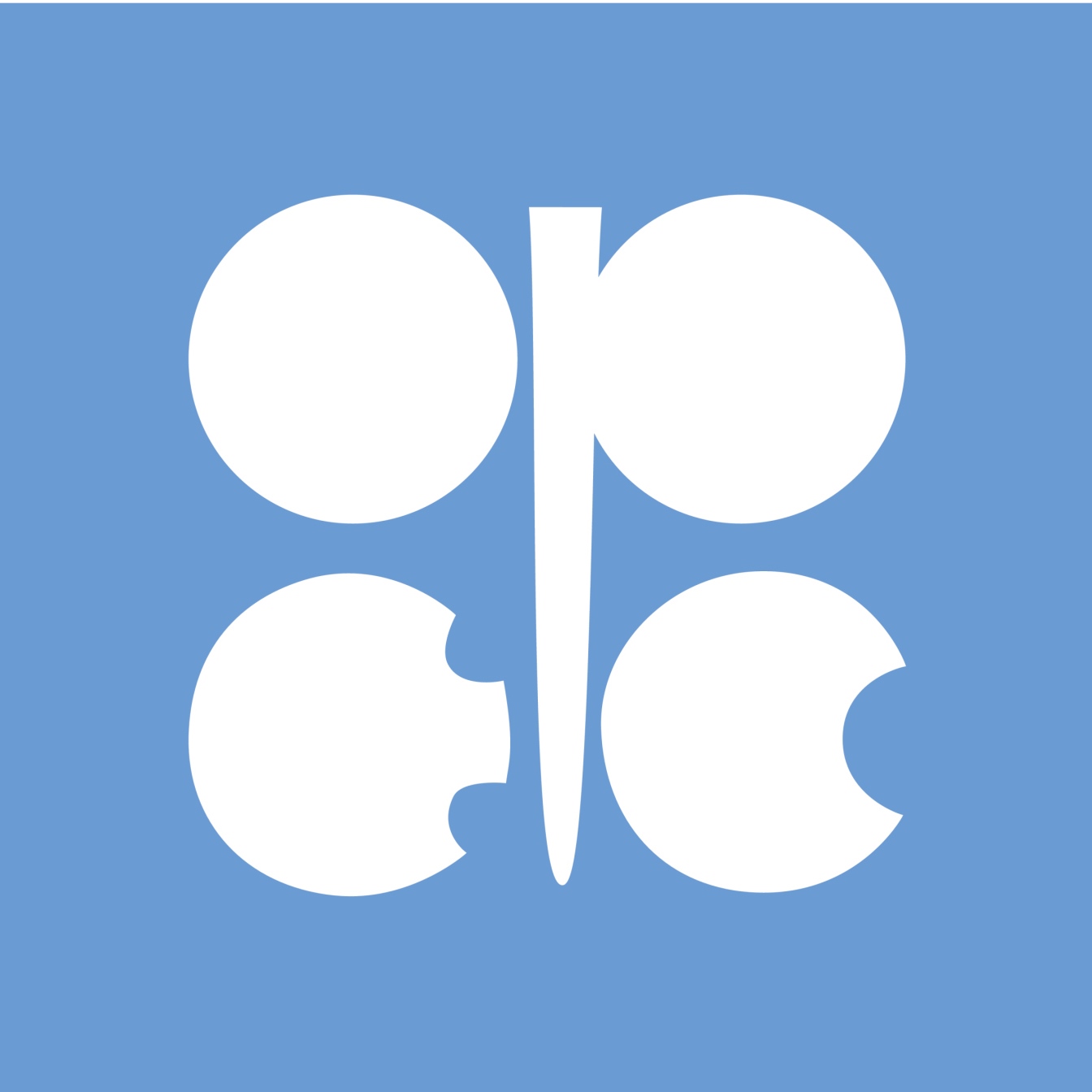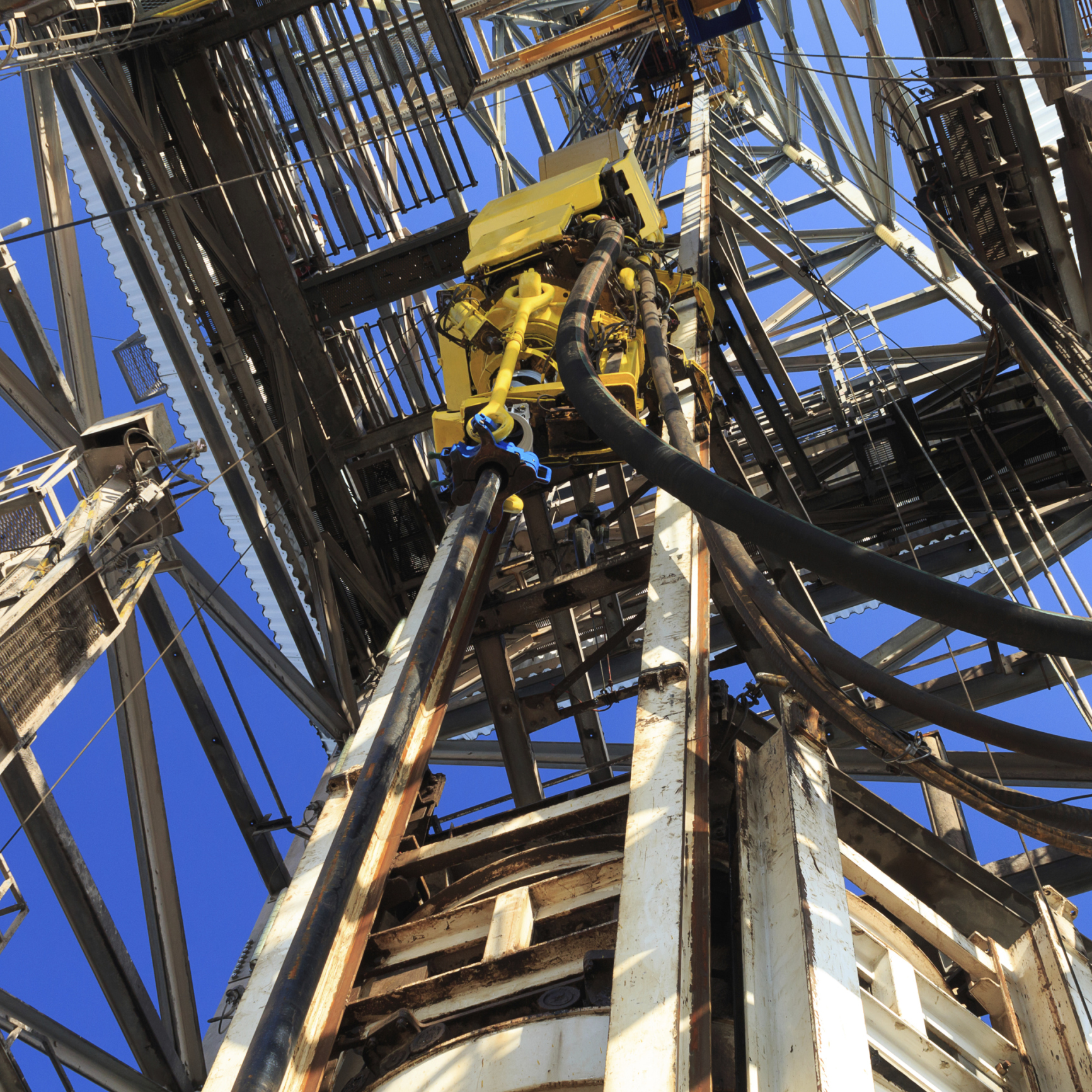
Crude oil prices added about 3% Friday morning following reports that Organization of the Petroleum Exporting Countries (OPEC) oil ministers have reached a deal to raise production quotas to add 600,000 barrels a day, effectively returning a third of the barrels that have been withheld since January 2017. The price increase testifies to the power of (assumed) certainty in the oil markets even though more oil will be available.
The Wall Street Journal reported that OPEC ministers have agreed to a nominal production increase of a million barrels a day to be divided between cartel members and non-OPEC partners, including Russia, that together cut production last year by about 1.8 million barrels a day. That decrease eliminated inventories in developed countries by about 340 million barrels and returned total inventories to right around their five-year average.
New nominal production rates will be limited by the reality of what a country can actually produce. OPEC member Venezuela, for example, won’t be increasing production no matter how many barrels are added to its quota. Whether other producers (Nigeria, Angola, Iraq, for example) will be allowed to make up those barrels is possible, but unlikely.
The tentative agreement is apparently supported by Iran, which had threatened to delay any production increase and accused Saudi Arabia of giving in to President Trump’s demand for lower prices. Today’s price increases indicate how well Trump understands the oil market.
When new U.S. sanctions are imposed on Iran the story could change. If, as expected, Iran is once again banned from the international banking system, the country’s ability to sell oil for dollars becomes severely restricted. Before the Obama administration lifted sanctions on Iran in exchange for a cessation of its nuclear development program, what oil Iran could get to market was often paid for in trade, not hard currency.
Brent crude for August delivery rose to $75.34 before pulling back to around $74.80 (up 2.4%) Friday morning. West Texas Intermediate (WTI) for August delivery rose to $67.93 before dropping back to $67.48 (up nearly 3%). The WTI price is well below its year-to-date high of more than $72.00 a barrel.
Take This Retirement Quiz To Get Matched With A Financial Advisor (Sponsored)
Take the quiz below to get matched with a financial advisor today.
Each advisor has been vetted by SmartAsset and is held to a fiduciary standard to act in your best interests.
Here’s how it works:
1. Answer SmartAsset advisor match quiz
2. Review your pre-screened matches at your leisure. Check out the advisors’ profiles.
3. Speak with advisors at no cost to you. Have an introductory call on the phone or introduction in person and choose whom to work with in the future
Take the retirement quiz right here.
Thank you for reading! Have some feedback for us?
Contact the 24/7 Wall St. editorial team.
 24/7 Wall St.
24/7 Wall St.

